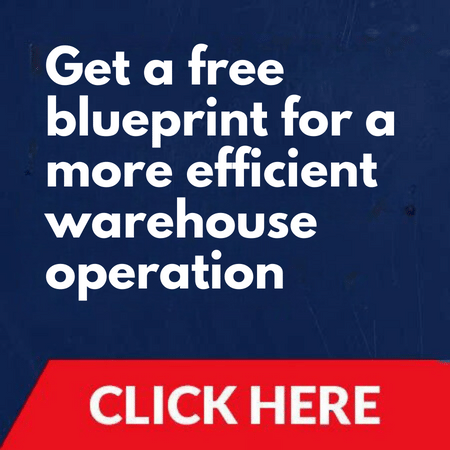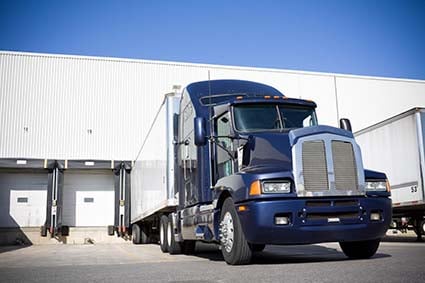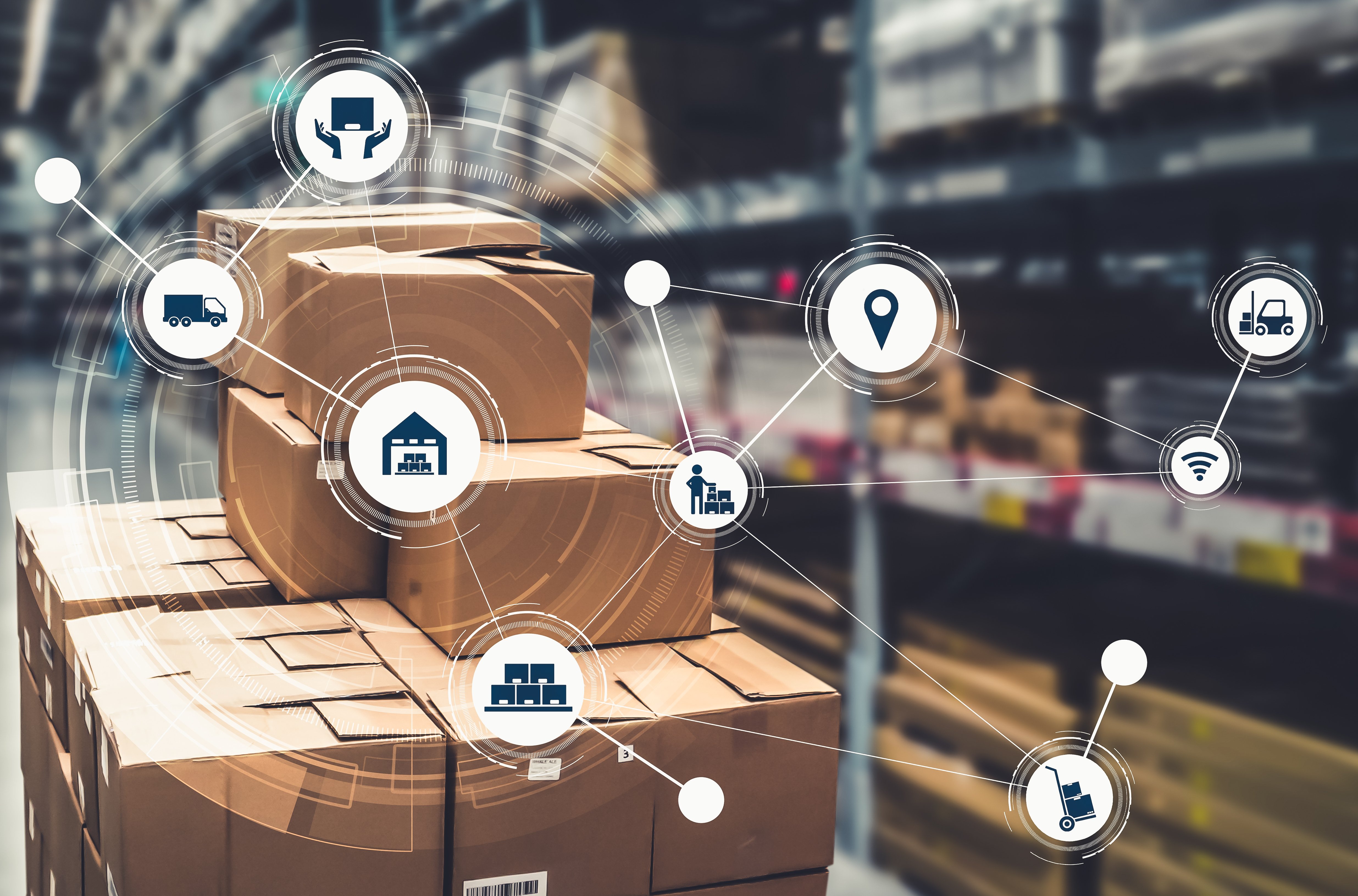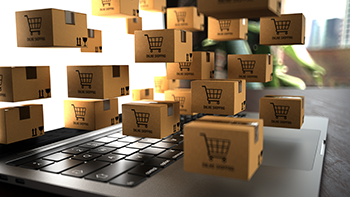Fulfillment is a crucial aspect of any e-commerce, retail, or wholesale business. With the continued rise of online shopping, businesses must ensure that they have a reliable and efficient system in place for fulfilling orders. One option is to handle fulfillment internally but outsourcing to third-party logistics (3PL) companies has always been a strong alternative.
of online shopping, businesses must ensure that they have a reliable and efficient system in place for fulfilling orders. One option is to handle fulfillment internally but outsourcing to third-party logistics (3PL) companies has always been a strong alternative.
In this article, we will explore the benefits of outsourcing fulfillment operations to 3PLs and why it can be an advantage and a key to success for businesses. We will also address common misconceptions and challenges associated with internal fulfillment operations.
As 3PL consultants, we have helped many businesses find their first fulfillment partner as well as switch to a new partner that may be more aligned in their goals or provides additional services.
Over the past decade, e-commerce has rapidly expanded, and the pandemic has further accelerated this growth. In 2020, global e-commerce sales reached $4.28 trillion, and it is expected to continue to rise. With this growth comes increased demand for efficient and effective fulfillment operations. Many businesses choose to outsource their fulfillment operations to 3PLs to leverage their expertise, resources, and technology.
According to a survey conducted by Armstrong & Associates, the global 3PL market reached $962 billion in 2020. The industry is projected to continue to grow, with an expected 6.5% compound annual growth rate from 2021 to 2028.
Understanding the Benefits of 3PLs
When it comes to e-commerce, retail, or wholesale businesses, fulfillment is a crucial aspect of the supply chain. Businesses need to make sure that they can efficiently and effectively get their products to customers in a timely manner. This is where third-party logistics (3PL) companies come in.
By outsourcing their fulfillment operations to 3PLs, businesses can reap several benefits.
- 3PLs often offer Service Level Agreements (SLAs)
SLAs often include order turnaround times, including same-day shipping cutoffs, inventory and order accuracy, dock-to-stock time, and more. These SLAs are what will contractually protect your business should any issues arise. These SLAs should align with your customer service goals and budgeted fulfillment costs.
- 3PLs utilize industry-best systems and technology to streamline fulfillment operations.
By leveraging technology, businesses can automate processes and increase efficiency. This leads to faster turnaround times and more accurate order fulfillment. 3PLs leverage combined volumes to maximize the throughput of automation, that businesses on their own would not be able to cost justify.
- 3PLs can utilize their size to get access to additional warehouse storage space
This can be particularly advantageous during peak seasons or times of high demand, where businesses on their own may struggle to find suitable space to accommodate increased inventory levels. With quality warehouse space both hard to find and costing a premium throughout the country, being able to know your 3PL partner will have enough space can save a business a lot of unnecessary worries.
- 3PLs can help reduce shipping costs
3PLs leverage their clients' volumes to achieve significant carrier discounts. These discounts allow 3PLs to provide lower rates to clients. Often, these rates can be lower than what companies could negotiate on their own. Performing a quick freight analysis will help you to determine the savings. This can also be a point of negotiation when finalizing a contract.
- 3PLs can handle fluctuating order volumes during peak
One of the biggest advantages of outsourcing fulfillment to 3PLs is the ability to handle fluctuating order volumes. This can be particularly useful during peak seasons or promotional periods. By leveraging their labor, systems and automation, 3PLs can provide more flexibility for businesses. This enables 3PLs to fulfill more orders in a shorter amount of time. As businesses face unforeseen challenges, such as labor shortages or increased costs due to inflation, 3PLs can help navigate these difficult situations.
- 3PLs can manage a portion of your volume; does not need to be all or nothing
Outsourcing fulfillment operations to specific regions, such as outsourcing just your West Coast or East Coast state's order volume to a 3PL partner can help businesses save money on shipping costs and provide faster delivery times to customers in those regions.
Common Misconceptions About 3PLs
Despite the many benefits of outsourcing fulfillment to 3PLs, there are still some common misconceptions. One of the biggest misconceptions is that 3PLs are significantly more expensive than internal fulfillment operations. This is often not the case. Outsourcing fulfillment to 3PLs can often lead to cost savings in the long run, particularly when factoring in labor costs, warehouse space, and technology investments needed if handled internally.
Two other misconceptions are:
- 3PLs result in a loss of control over fulfillment operations
Some business owners fear that outsourcing to a 3PL means losing control over their fulfillment operations. However, quality fulfillment partners work closely with their clients to ensure that their needs and preferences are met, while providing real-time visibility into the entire fulfillment process.
- 3PLs only work with larger businesses
Some may believe that 3PLs only work with big corporations and that smaller businesses won't benefit from their services. However, 3PLs cater to businesses of all sizes, and offer tailored solutions to meet the unique needs of small and medium-sized businesses. There are even 3PLs dedicated to start ups.
Conclusion
While internal fulfillment operations can work well for some businesses, they can also present specific challenges. One of the biggest is seasonal hiring. As demand fluctuates throughout the year, businesses may struggle to find and train the necessary personnel in a timely manner. In addition, manual processes due to lack of system support can slow down fulfillment operations, leading to longer lead times and increased errors.
Outsourcing your fulfillment operations to a 3PL can provide significant advantages. Companies can benefit by leveraging a 3PLs labor, efficient processes driven by a strong WMS, as well as automation and technologies. By optimizing the fulfillment process, companies can improve the customer experience.
Partnering with a 3PL can also help businesses scale up their operations quickly and efficiently to meet growing demand. With the right 3PL partner, businesses can focus on their core competencies, such as product development and marketing. This can help businesses improve their overall performance, reduce costs, and ultimately achieve greater success in their respective markets.
Businesses should carefully evaluate potential 3PL partners to ensure they align with their specific needs and goals. It is important to choose a 3PL partner with a proven track record of success and a strong reputation in the industry.





SHARE